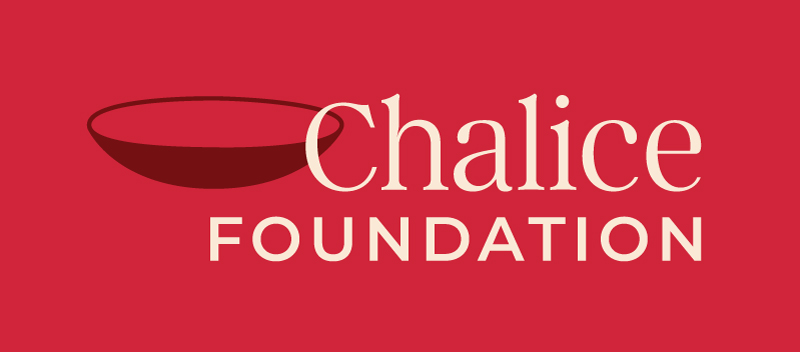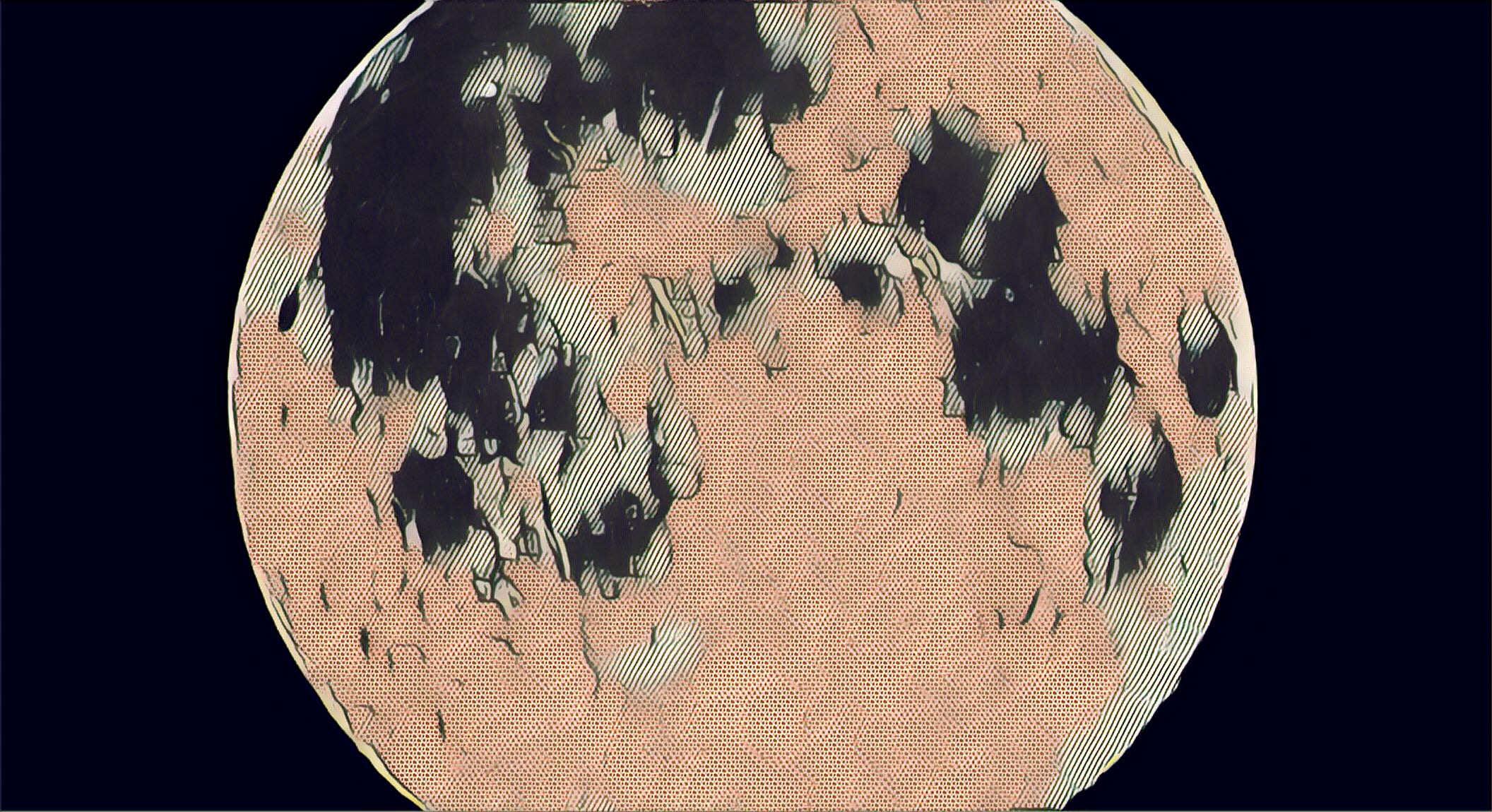In this blog for The Leak, Kate Codrington takes us through the Medicine Circle and how this can help individuals re-think perimenopause and menopause. Kate was interviewed for The Leak previously about her own experience of perimenopause and menopause which you can read here.
Perimenopause friends; this is not the end. It’s true you will not be able to conceive a baby forever, but after menopause, a whole different kind of fertility comes into play. It gets much more interesting, trust me. Understanding where menopause fits into a seasonal model of life is a useful way to see how far menopause is from being ‘the end’. Menopause prepares us for a vital, creative and fertile phase, Second Spring. The concept of Second Spring is adapted from Chinese Medicine and marries beautifully with Alexandra Pope’s seasonal cycle.

Looking at the archetypal life seasons will show you how this works. Spring starts at menarche, your first period and this is a season for exploring the world and discovering who we are. Hopefully, our vulnerability will be protected and held tenderly by our culture and families. This season equates to the time following menstruation and before ovulation and typically both are times we tend to rush through to get to the next bit.
Summer offers an outward expansion into the world as we reach to connect and express ourselves just as we do at ovulation. It’s a time when we start to blossom into the world, manifesting our spirit as businesses, projects and maybe having babies too. Starting in Spring the yang qualities build to their height in high Summer, we are definitely ‘out there’. This is the Wonder Woman way of being, so highly prized by our culture.
The beginning of Autumn is where the yang begins to recede and the yin qualities build. This is the beginning of perimenopause, and it shows why we are suddenly pulled up short; it’s no longer a season for being ‘out there’ it’s a time to come home and tend to our inner business. Yin qualities like going slow, receiving and quiet become increasingly vital for nourishment, so reflection, slowing down and letting go are key here, just like in the premenstrual phase. If only this was more widely known, it would save a lot of misery, as we could be let off the hook from ‘pushing through’ all the time and then when we burn out, feel that we have ‘failed’. By looking at our needs in our menstrual Autumn and Winter, not only will we avoid burnout, but we can also start to build a toolkit for menopause while we are still menstruating.
The deep Winter of menopause, equivalent to menstruation, is a time for deep rest and healing. A time whereby allowing ourselves to rest, potter a little more and connect with nature and our intuition, we can bring this cycle to a gentle ending so we can blossom into Second Spring.
You will have spotted by now that real life does not necessarily allow for us to fully inhabit these archetypal seasons; just as the world is not set up for menstruation (yet), nor does it allow for the natural rhythm of menopause. Where one season is interrupted, for example being a young carer in Spring, or having children at the beginning of Autumn in your 40’s, there are repercussions that echo through the cycle and will likely show up strongly in menopause for healing.
I interviewed women in Second Spring and Second Summer to ask them about their experience of themselves before and after menopause and the results were phenomenal. Their postmenopausal lives brought them liberation from relationships and patterns that had been holding them back, coupled with a real sense of ownership of themselves. They had found their calling, and their calling was to please themselves! Often women hadn’t really reflected on the experience before and were surprised to see that they had gone from feeling small to following their bliss. One woman who had always been deeply involved with her family, emigrated to her spiritual home and later walked across the desert and had wonderful lovers. Another picked up a paintbrush 40 years after a teacher told her she was useless at painting. You only have to go to an Extinction Rebellion protest to see that it’s stuffed full of sparkly-eyed Second Springers, just having a brilliant time.
One of the processes I use both 1-2-1 and in workshops is the Medicine Circle, developed by Alexandra at Red School, takes women through their life experience from menarche to Second Spring and beyond. No matter what stage of the process they’re at, they can feel the Second Spring breeze that it is all going to be OK. This takes the ‘theory’ of Second Spring and makes it an embodied, felt sensation. And one that women can return to again and again.
I believe that all this postmenopausal joy slides under the radar because these women are too busy having a good time to be bothered to Instagram their adventures. They know that life is short and they’ve got stuff to do, or dreams to dream or gardens to tend. They have the benefit of the menopausal gift of discernment. This is the vital, creative fertility I mentioned at the beginning. If you are in perimenopause, feeling isolated and angry, there are good times ahead in Second Spring.

Kate Codrington
Kate is a UK-based menstrual and menopause mentor, a writer and facilitator and has been a therapist for more than 25 years. She has featured in Time Out, The Evening Standard, the London Metro and written for wellbeing publications including Well Doing, Juno Magazine, Counsellors Cafe, Mind Body Green Rebelle Society and Massage Magazine.
She worked as a Reiki therapist in the 90s and studied Biodynamic Psychotherapy with Gerda Boyesen, working both in private practice and with women affected by HIV and AIDS. She is also trained in Body Psychotherapy, Pregnancy Massage with Shiatsu, Abdominal-Sacral massage and Fertility Massage and is a member of the ABMT (Association of Biodynamic Massage Therapists).
Her mission is to change the way we regard menopause and show women how to relax into their own, inner authority through their cyclical nature and menopause process.


